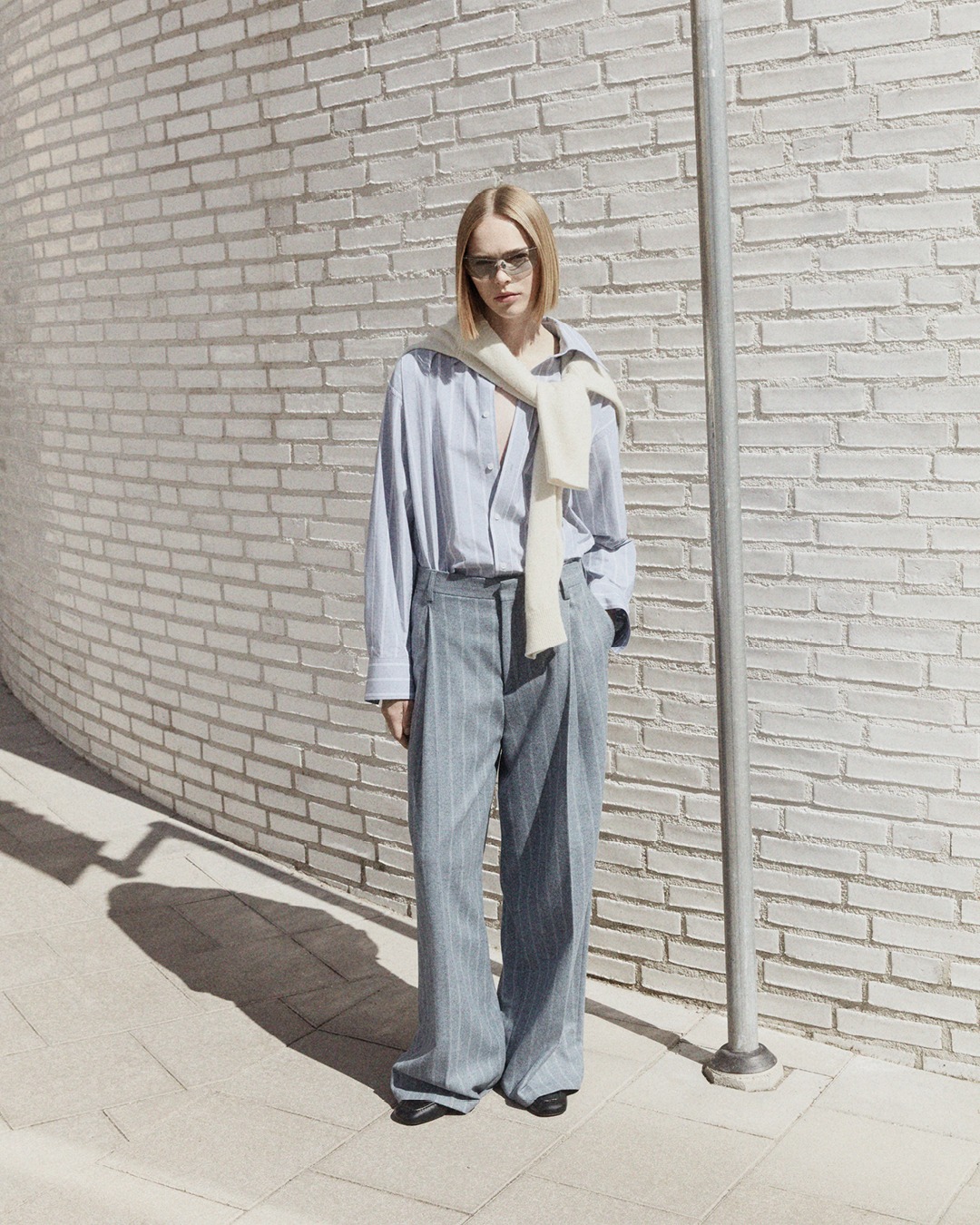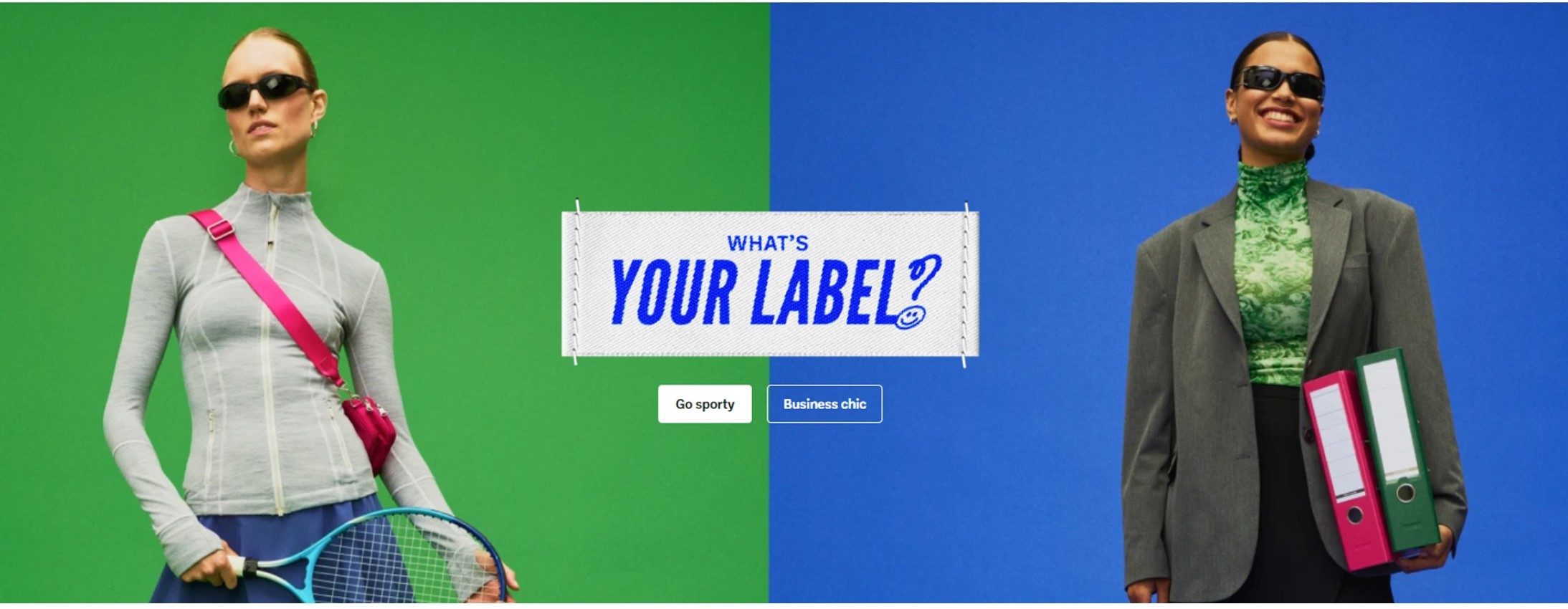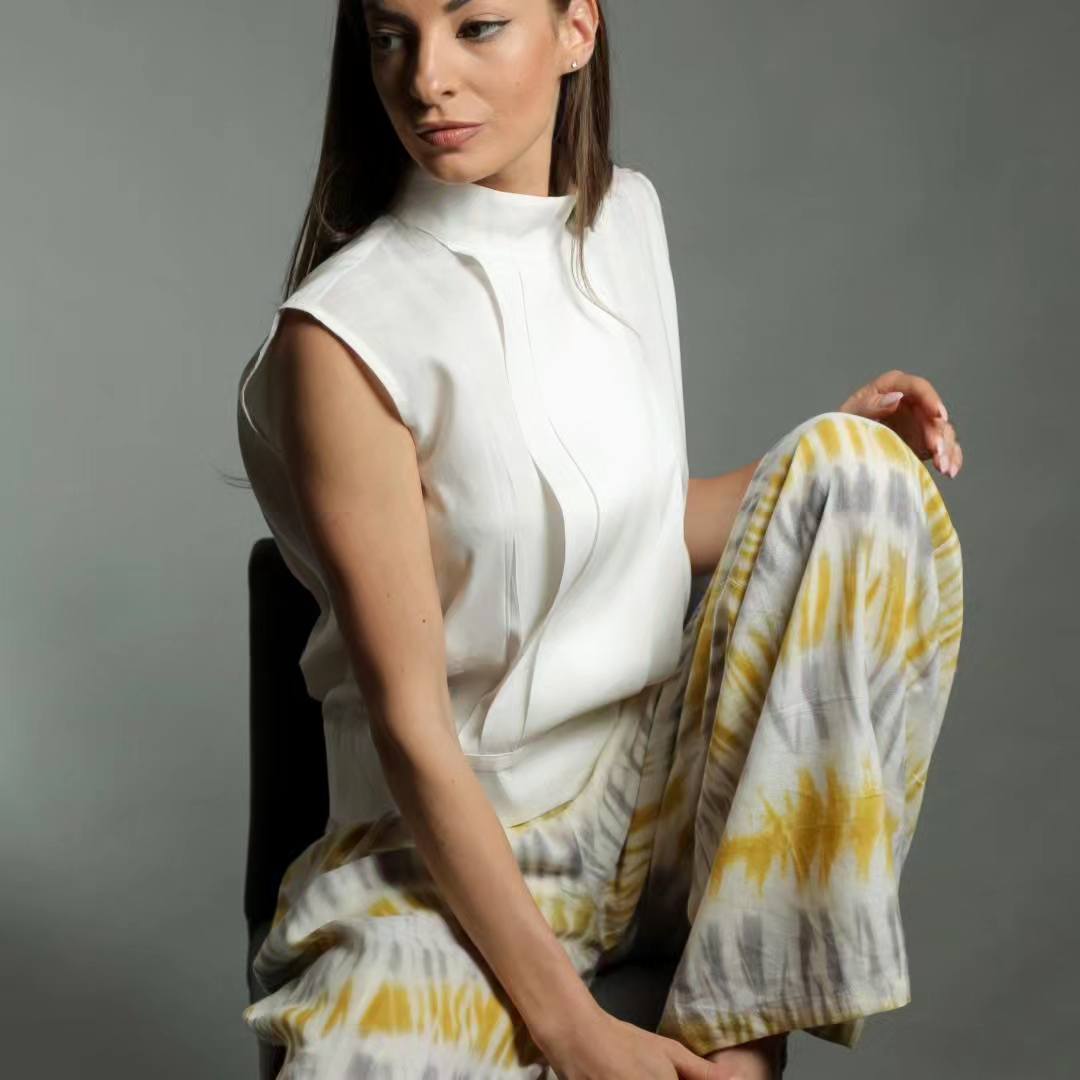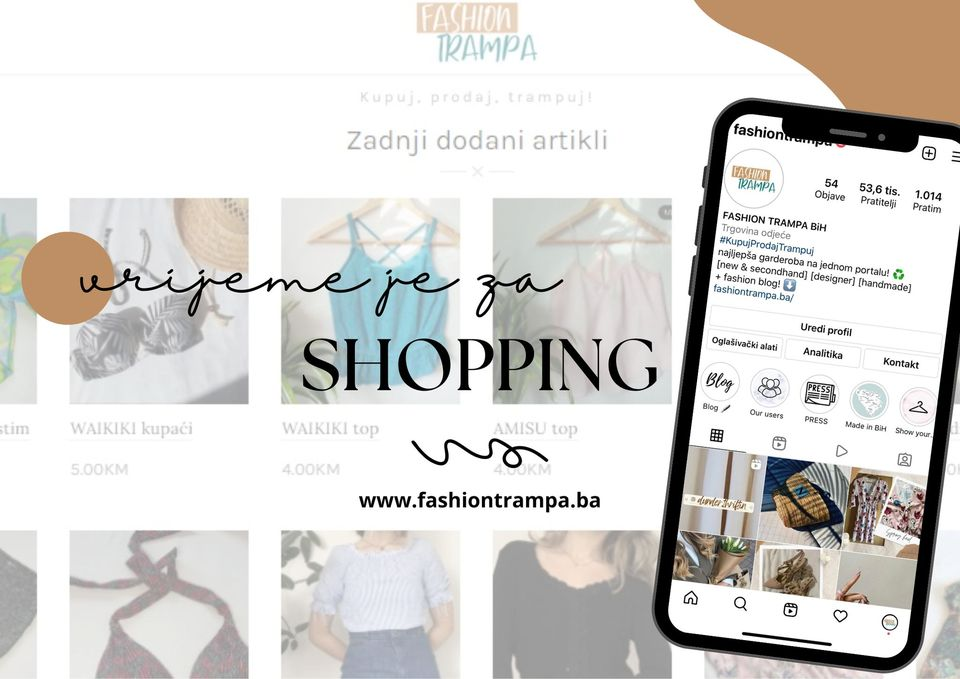 Photo: Freepik.
Photo: Freepik.
 Photo: Freepik.
Photo: Freepik.
In recent years, the rise of fast fashion has led to an explosive increase in the production and disposal of clothing. While the best solution is to reduce consumption overall, the next best solution is to make sure that clothing gets reused or recycled, i.e. to create a circular economy for fashion. Europeans, on average, purchase around 26 kilograms of textiles annually, while discarding nearly half of that amount. The textile industry has become thus one of the largest contributors to water pollution and land degradation.
However, despite these troubling statistics, there is a growing movement of innovative initiatives aimed at transforming the industry toward more sustainable practices. Sustainable fashion embraces practices that align with the goals of a sustainable transition by emphasizing the use of eco-friendly materials, ethical production processes and circular economy principles. This approach addresses the fashion industry's significant environmental footprint, advocating for reduced waste, lower carbon emissions, and improved resource management.
The industry must continue to innovate and offer better, more sustainable solutions that reduce environmental impact and promote a circular economy. At the same time, consumers also play a crucial role in this shift by making conscious choices—selecting eco-friendly products and actively seeking out sustainable options.
Embracing circular fashion
Sustainable fashion in Sweden is an integral part of the country’s commitment to environmental sustainability and social responsibility. Recognized as a leader in promoting eco-friendly practices within the fashion industry, Sweden’s various initiatives, brands, and cultural shifts contribute to a more sustainable fashion ecosystem.
Sweden has fully embraced the concept of circular fashion, which aims to reduce waste by designing products that can be reused, repaired, or recycled. Many Swedish brands focus on upcycling, transforming discarded materials into new, stylish products. This approach not only minimizes waste but also encourages creativity and innovation in fashion design.
Sustainability isn't just a trend in Sweden - it’s a way of life. Swedish consumers are increasingly aware of the environmental impact of fashion and actively seek sustainable options. Many are willing to pay more for eco-friendly products, leading brands to prioritize sustainability in their offerings.
Leading brands in sustainable fashion
One notable example is Filippa K, a Swedish brand that emphasizes timeless design and quality. The brand encourages customers to invest in long-lasting pieces rather than fast fashion. Filippa K has implemented a "Circular Design" strategy, focusing on creating products that can be easily repaired, reused, or recycled. They also offer a second-hand platform for customers to buy and sell pre-loved items, extending the life of their garments. With a commitment to Scandinavian minimalism, Filippa K provides apparel that transcends trends while promoting conscious consumption and responsible production.

Photo: Filippa K Facebook page.
Revolutionizing online resale with convenience and sustainability
Founded in 2014, Sellpy, a Swedish online resale platform backed by H&M Group, is expanding across Europe, offering a convenient way to buy and sell preloved items online. Their vision is to empower everyone to live a circular life, since there is huge financial, social and environmental value in prolonging the life of things and clothes. Since launching, they have given new life to more than 20 million pre-owned items, saving almost 100.000 tons of CO₂. The service is designed to promote circular shopping, reducing emissions and waste by extending the life of products. Their pricing model is designed to minimize effort for sellers, and their customer base is diverse, ranging from young trendsetters to older generations.

Photo: Sellpy official web site.
Movement in Bosnia and Herzegovina
While circular fashion in Bosnia and Herzegovina is still in its early stages compared to more established markets, there are promising initiatives and local brands beginning to make an impact. As awareness of sustainability and circularity continues to grow, more businesses and consumers in BiH are likely to adopt these practices, contributing to a more sustainable fashion industry in the region.
One such brand is Magbago, which embraces the concept of sustainability with a mission to empower individuals to choose clothing that enhances their well-being while contributing to the planet's preservation. Through transparency in the supply chain, Magbago aims to raise awareness of the ecological and social aspects of clothing production. As stated on their website, “Magbago,” translated as “change,” is more than a clothing brand - it’s a movement rooted in sustainability, healthy living, and a profound love for our skin.

Photo: Magbago Facebook page.
Innovative textiles – banana and orange fabrics
Recognizing the importance of sustainable fashion, Magbago is committed to using eco-friendly materials in its collections. Through innovative approaches and careful selection of fabrics, they contribute to reducing the ecological footprint of the fashion industry. One of Magbago’s key principles is using fabrics derived from food and plant waste. For example, orange fiber and banana fabric are excellent examples of the circular economy. Orange fiber is made from cellulose extracted from waste generated during the processing of oranges and other citrus fruits. This cellulose goes through a spinning process to create fabric, while essential citrus oils are encapsulated inside the yarn using nanotechnology, providing nutrients for the skin that last up to twenty washes. When the nutrients are gone, it is still a piece of clothing that can last for long.
Banana fabric, on the other hand, is made from waste left over after banana harvests. The yarn used to create banana fabric is spun from fibers derived from both the soft inner and coarse outer layers of banana peels and stems. This practice is eco-friendly as it utilizes waste that would otherwise be discarded, creating a plant-based alternative to silk with minimal environmental impact.
Online sales of preloved clothing in Bosnia and Herzegovina
Fashion Trampa is a popular platform in Bosnia and Herzegovina for vintage fashion enthusiasts, offering a unique experience in selling, buying, and exchanging new or used clothing. The platform features rare vintage and designer pieces at reasonable prices, with free registration and posting of the first items. Fashion Trampa aims to promote sustainable fashion and raise awareness about the negative impacts of the fashion industry. Additionally, the platform supports young Bosnian designers by providing them with an opportunity to sell their unique, handmade clothing items.

Photo: Fashion trampa Facebook page.
Paving the way for a greener future
As awareness of the environmental impacts of fashion continues to grow, both in Sweden and beyond, the commitment to sustainable practices is becoming stronger. Sweden's leadership in sustainable fashion is an inspiring model for other nations, demonstrating the potential for positive change through conscious consumer choices and innovative practices. Strong leadership and being a role model are very important, however, so is also new policies and legislation in the EU. In May 2023 EU adopted the EU strategy for sustainable and circular textiles. The strategy “…looks at the entire lifecycle of textile products and proposes coordinated actions to change how we produce and consume textiles” with many actions lined up for the years to come. For example, in February 2024, the EU's Environment Committee adopted new rules to tackle textile waste by introducing extended producer responsibility (EPR) schemes. These rules require businesses selling textiles in the EU to manage the costs of separate collection, sorting, and recycling of textiles. Member states must implement these schemes within 18 months and ensure textiles are separately collected for reuse and recycling by January 2025.
By setting a positive example with innovative brands, supportive policies, and strong consumer engagement, Sweden is likely to lead the global fashion industry in promoting responsible consumption and production practices. This approach can inspire countries like Bosnia and Herzegovina. By adopting more sustainable practices, it paves the way for a healthier, more responsible and greener future, and takes the country one step closer to join the EU.
Discover the News and Updates section, delivering the latest updates and insightful content across various topics. Stay informed with most recent news articles, reports, and publications, of the BiH SuTra project.